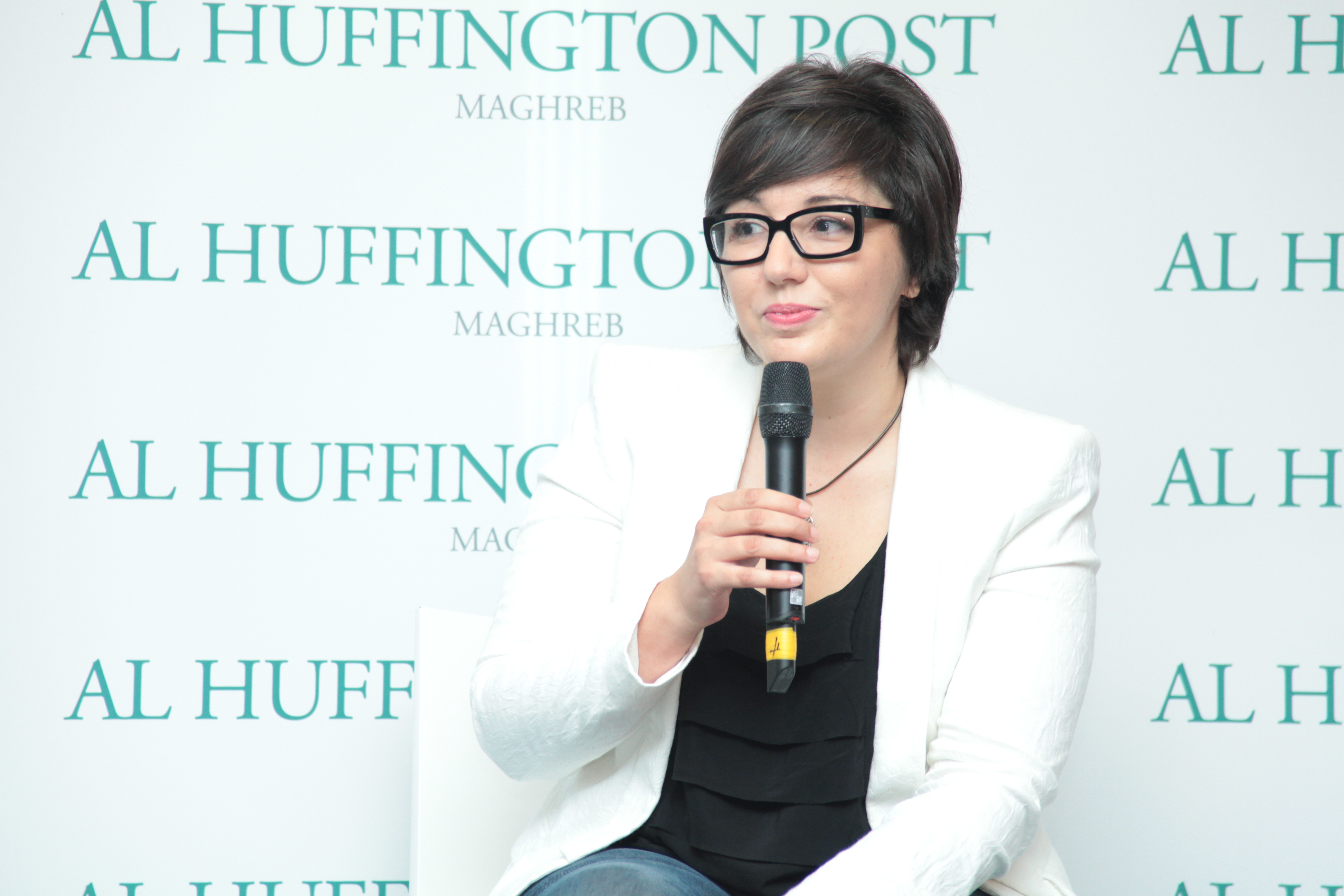Adapting the HuffPost to a context of political transition
 After the political uprising in Tunisia in January 2011, the political and media landscape changed dramatically. New websites, radio and TV channels sprung up. And political discussions, once taboo, invaded every corner of daily life. In such a dynamic context of transition, how can yet another website exist and find an audience?
After the political uprising in Tunisia in January 2011, the political and media landscape changed dramatically. New websites, radio and TV channels sprung up. And political discussions, once taboo, invaded every corner of daily life. In such a dynamic context of transition, how can yet another website exist and find an audience?
The Huffington Post, founded as a news agregator and blog platform in the US in 2005, gave it a try and entered the market. Launched in June 2013, its Maghreb edition has quickly gained a reputation among users, not only for doing things differently compared to other Huffington Post editions, but for also being different to other online media in North Africa. Covering mainly Tunisia at the moment, the young team is planning to expand its coverage to Algeria and Morocco soon.
What is probably most striking when you look at the website is the “most read” section. Rather than lifestyle, food and fashion in other HuffPost editions, in the Maghreb version you’ll find politics, politics, and more politics. “We’re different from other Huffington Posts because the context is different,” explains editor-in-chief Houeida Anouar. “Every edition is free to take from the HuffPost DNA what it likes and to adapt it to its needs.”
Hence, the Tunisian team decided to put its focus on politics.
Don’t forget the context
 In a country where politics is at the center of debate, Tunisians enjoy the newly gained freedom of open discussion in the media. But it’s easy to overdose on the daily quarrels among parties and politicians, rumors and hysteria, while the country is stuck in a deepening political and economic crisis.
In a country where politics is at the center of debate, Tunisians enjoy the newly gained freedom of open discussion in the media. But it’s easy to overdose on the daily quarrels among parties and politicians, rumors and hysteria, while the country is stuck in a deepening political and economic crisis.
In this complex situation, Anouar says, “We are factual and analytical, but we also try to give a lot of attention to context.” While journalists and activists are glued to their screens, the average user is not and easily looses track. “It is very important to explain and give background. When things become complicated and events unfold rapidly, we tend to step back a bit,” she says.
This can mean for example to summarize the most important events of the political crisis in a slideshow, with videos, photos and short explanatory texts that link back to longer articles for those looking for additional information.
“People can take the train when it is already running,” as Houeida Anouar puts it. Live blogging ongoing events is another option to show how things develop over time. This helps not only Tunisians but also foreigners who are interested in the country but who often have difficulties to keep track of what is going on as many Tunisian media only publish very brief articles with little background, which make it difficult to see the big picture.
One of the big challenges for journalists in Tunisia is verifying information. While social media played an important role in accelerating the uprising and spreading information quickly, the flipside is that rumors can also go “viral” rapidly, and are spread both by social and traditional media. “We have a lot of noise compared to signal. Sometimes it takes you days to verify an information,” says Anouar.
Not to publish information that is buzzing on other websites can be a costly business decision, but Anouar insists that it is a necessary one and often a better choice to have less clicks but hard facts. “We don’t play with this. It is easy to share rumors, but we have respect for the readers.”
Use social media responsibly and consciously
But being critical and not following every buzz does not mean ignoring what is happening on the net – especially on social media, which has developed into one of the most important means of information for many young citizens in the Maghreb. Where there is no clear separation of social media and journalism anymore, the challenge is to identify those who are reliable. “There are very attentive people out there who might know things before you and before it is picked up by the media,” says Anouar. Having a close look at these people is essential, she adds.
In a lot of articles on the website, you will also find tweets or content from Facebook embedded. It is often deputies of the Constituent Assembly, experts and citizens having heated discussions. Anouar argues, “The political conversation not only happens in parliament anymore. We witness an extension of politics into social media, so why should this narrative not be represented in the article?”
Don’t be overly serious
When the Huffington Post launched the Maghreb edition, they promised to inform readers, but also to make them smile. “We keep doing the traditional stuff, but we also try to have fun,” says Anouar. When the head of the Tunisian Human Rights League spoke at the opening of the National Dialogue, an initiative to lead the country out of the crisis, his Freudian slip of speaking of the National Donkey rather than the National Dialogue (himar instead of hiwar in Arabic) became a big hit. A topic for the politics section? “Giving a moment of comic relief is important – we could have just skipped it, and if we were a purely political journal we would have, but we are not,” Anouar explains. When people started writing “Ennahdha get lost” (the main ruling party) on banknotes, this was also taken up as well.
Whereas as the other HuffPost editions feature opinion pieces in the news section, the Maghreb edition limits them to the blog section. As Anouar explains, “Because the media landscape in Tunisia is already saturated with opinion.”
“We value opinion, it is important that people can express their point of view. But we wanted to keep the line clear, and even keep them physically separated on the website.”
The blog section is also an option for the editorial team to fight prejudices resulting from the fact have that the HuffPost is based on an American model and written in French, rather than Arabic. The blog therefore features contributions from left wing civil society actors, artists, different politicians as well as conservative politicians and even a Salafist blogger.
Author: Sarah Mersch




Feedback